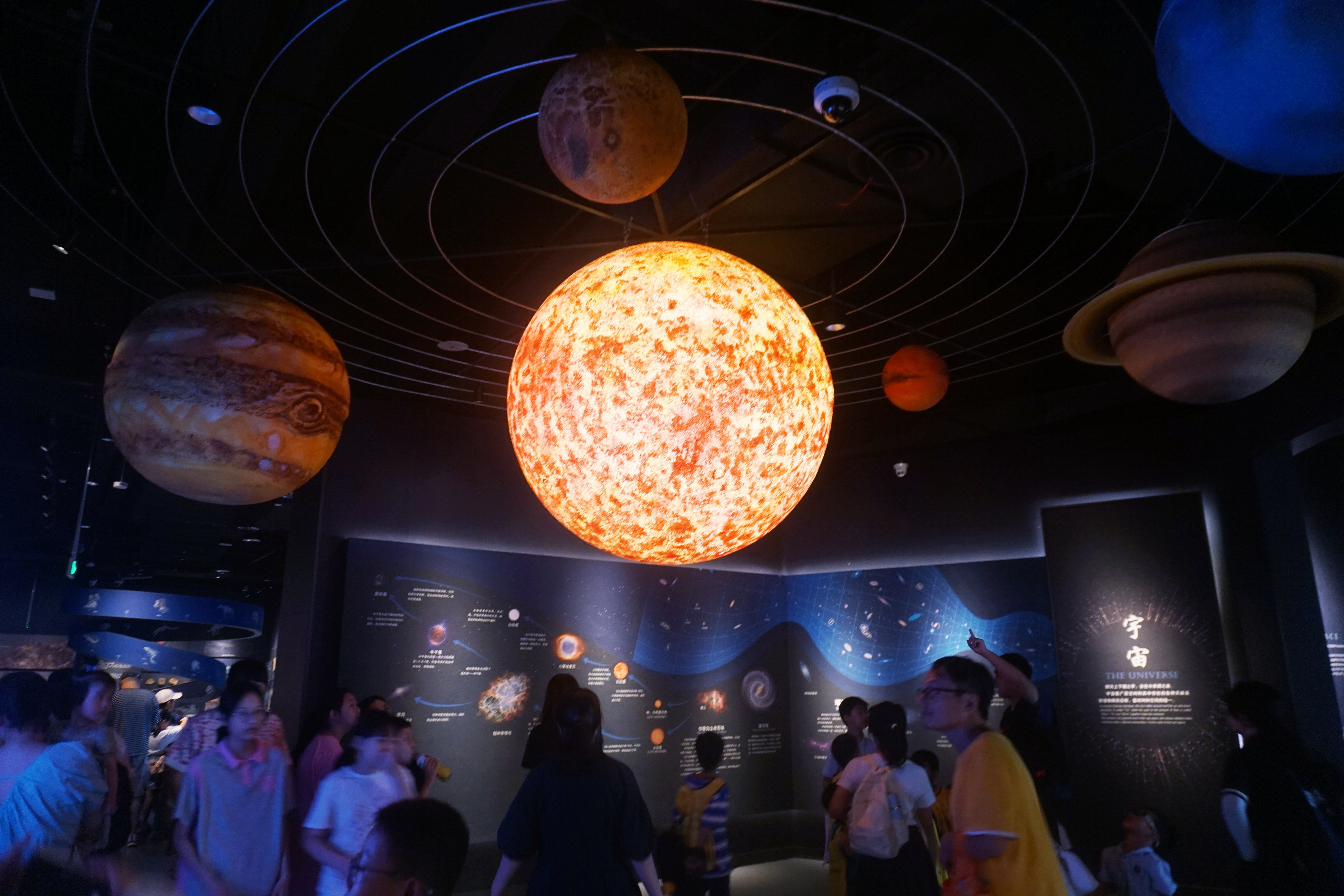
Mercury study offers new twist on possibility of life on other planets
Fox News
New studies on the presence and composition of salt glaciers on Mercury suggest more potential for life in extremely harsh environments, similar to Earth settings like Arizona.
"Our finding complements other recent research showing that Pluto has nitrogen glaciers, implying that the glaciation phenomenon extends from the hottest to the coldest confines within our Solar System," Rodriguez wrote in a blog post on the results of a recent study. "These locations are of pivotal importance because they identify volatile-rich exposures throughout the vastness of multiple planetary landscapes." The cratered surface of the planet Mercury, photographed by the Mariner 10 spacecraft, circa 1974. (Space Frontiers/Hulton Archive/Getty Images) The surface of Mercury, as photographed by the Mariner 10 craft, circa 1974. (Space Frontiers/Hulton Archive/Getty Images) A half disk view of the planet Mercury, taken by the Mariner 10 space probe, 1974. (Corbis via Getty Images) Peter Aitken is a Fox News Digital reporter with a focus on national and global news.
Mercury seems one of the least likely planets able to support life in the solar system, with scorching 800-degree Fahrenheit daytime temperatures, a sweltering 290 degrees Fahrenheit at night and no atmosphere to retain it or trap in the elements necessary for life, according to Spanish outlet AS.













